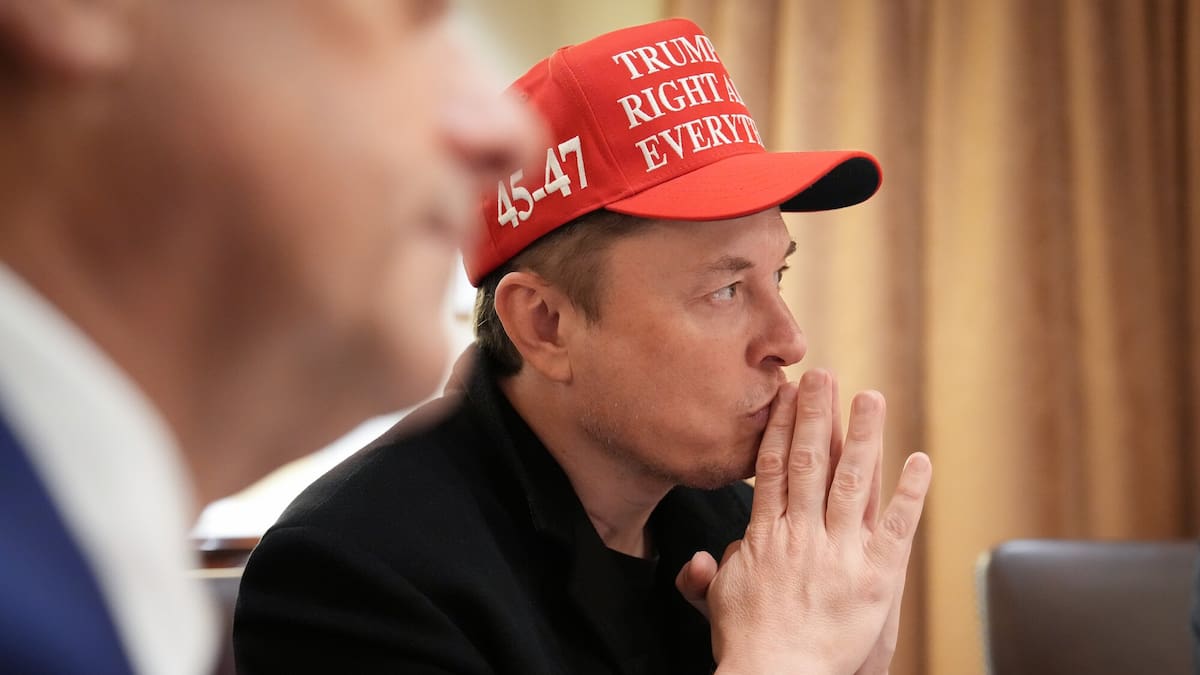Musk, the world’s richest man, has admitted that Trump’s trade war has the potential to hurt his business empire. He has largely refrained from personally criticising tariffs, despite saying before last year’s election that he was against them.
Tesla lobbied the White House this month warning that it was exposed to retaliation and that the duties could increase the cost of US manufacturing. SpaceX has appeared more open to tariffs, saying that other countries are imposing unfair costs on the company.
However, in two requests to the US Trade Representative last week, SpaceX requested tariff exemptions on equipment used to print and solder circuit boards.
One is an industrial soldering system made by Illinois Tool Works (ITW), an American company that manufactures in China. The other is a circuit board printing machine made in China by the Japanese company Fuji.
The equipment have 25% import tariffs under rules introduced during Trump’s first administration.
SpaceX to move production to US in 2026
SpaceX told the USTR that ITW was planning to move production of the soldering system to the US in 2026 but that in the meantime there was not an alternative that was validated for company usage.
“Once production is moved to the US, SpaceX will procure domestically to support US production,” its application said.
It said the Fuji system was available from alternative non-US sources but only at a higher cost.
SpaceX said they are used to “support production of over 90,000 units a week”, indicating they are used to make terminals for Musk’s satellite internet service, Starlink. The company said last year that its Starlink factory in Texas is capable of producing 90,000 broadband terminals a week.
Securing an exemption would reduce the targeted tariff from 25% to 0%, although the imports would still be subject to the blanket 20% tariffs Trump has introduced in his second term.
The tariffs in question date back to Trump’s first administration, when he introduced duties on hundreds of billions of dollars of Chinese imports such as machinery. The Biden administration maintained the tariffs but last October allowed US manufacturers to apply for exemptions.
The exemption can take 30 days to be approved, and would only apply until the end of May, meaning SpaceX may have to rush to import equipment if it is able to bypass the tariffs.
Tesla warned the Trump administration this month that tariffs could increase its costs and expose the company to retaliation from foreign countries.
“US exporters are inherently exposed to disproportionate impacts when other countries respond to US trade actions,” it said in an unsigned letter. Musk has said that “the cost impact [of tariffs] is not trivial”.
SpaceX, meanwhile, railed at taxes in other countries, and pointed out that foreign companies do not face similar barriers in the US.
The company’s Starlink system, which is widely used in Ukraine’s defence against Russia, has become swept up in politics in recent months. Italy has halted negotiations with SpaceX amid doubts over US support for Ukraine, while the Canadian province of Ontario ripped up a contract with the company.
SpaceX was contacted for comment.






